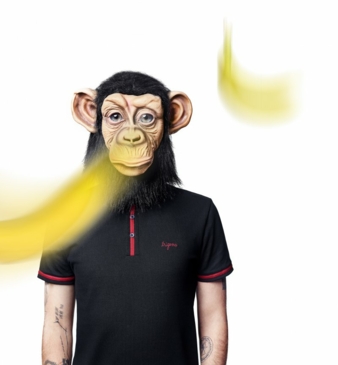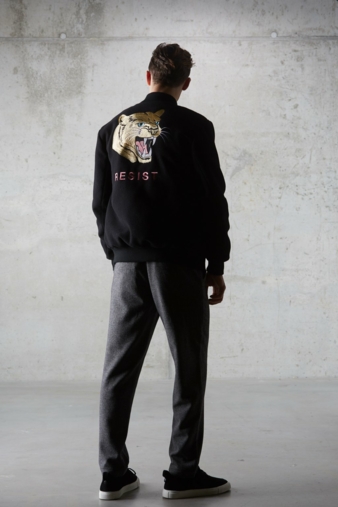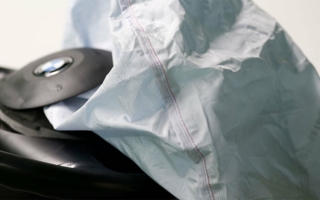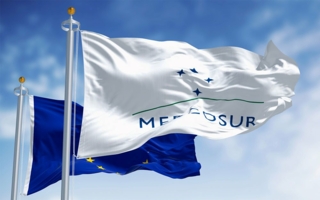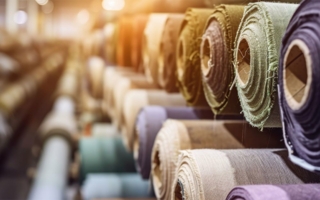03/04/2018 – Fashion Week Berlin — auf Deutsch lesen
Spotlighting the special
Fashion Week Berlin ran from 16-18 January 2018 and showed that Germany’s fashion capital is still in flux.
The two drivers of sustainable fashion, Ethical Fashion Show and Green Showroom, had moved from the Funkhaus to the Kraftwerk, a disused power station, in the heart of Berlin. Both fairs have become firmly established and are used by retailers not only to find sustainable fashion but also as a valuable source of new looks and fresh brands.
The Kraftwerk is also home to two conference formats FashionSustain and Fashiontech, staged by the Premium event in collaboration with trade-fair organiser Messe Frankfurt. The huge turnout on both days indicates that the decision to bring these events together was indeed a good call. Selvedge Run, a platform for authentic menswear brands, above all, from the denim and leather segment, has also switched location, moving to the Marshall House, in direct proximity to the trade fair Panorama. Retailers and visitors welcomed the decision to bring the venues closer, thus minimising travel times – and contributing some way to sustainability.
Interestingly, the individual trade fairs are not stuck in their niches but are diverse and dynamic. The German mountaineering label Vaude, for example, also showed its collection at the Ethical Fashion Show, generating plenty of interest for its sustainable range. Maloja, the Bavarian, Rimsting-based manufacturer of functional sportswear and streetwear, exhibited at “Outdoor Aesthetics” staged within the context of Bright, a trade fair mainly for skateboarding.
Impressive collaboration
An inspiring partnership was presented at the Ethical Fashion Show. A team led by Marco Voigt from the Berlin agency Green Window helps traditional and established brands find a new way forward. The aim is to combine a good (sustainable) conscience with a cool and modern lifestyle. Take Trigema, for example. The collaboration with Green Window has led to the development of a limited edition of 1,000 polo shirts, whose trendy fit and attention to detail make them stand out. Featuring contrasting piping around the sleeves and buttons, a slim fit and sophisticated retro embroidery, the shirts are made exclusively in Burladingen, Germany from controlled organic cotton.
The mood was upbeat at the fashion shows, be it the 80s glamour show by Marc Cain, staged in the disused underground tunnel at Potsdamer Platz, or the shows at the E-Werk. The latest looks illustrate how the industry is turning its back on uniformity, making surprising statements and creating unique signatures. Good for them!
A closer look at embroidery
Many labels still have a fascination for embroidery, featuring everything from large embroidered and appliquéd logos reminiscent of the 80s and 90s to subtle and sophisticated interpretations. The quality of the embroidery has improved with the appearance of many well-conceived designs. More attention is being paid to detail and to using a clever mix of embroidery threads and techniques. Exhibiting at Premium, the Dutch label Blake Seven featured high-quality and diverse embroidery on its womenswear – all made in Europe. Seek was also home to outstanding and unique labels, such as the cool embroidered caps from Dad’s Cap and Brosbi. Eye-catching, high-quality embroidery is also an important element for German label Wemoto from Hofheim, whose winter 2018 collection shows a predilection for large animal heads, with large embroidery motifs also in the pipeline for spring 2019. Large-format motifs are high on the agenda for British company Hymn as well as the Berlin label AMH, which has large embroidered planes flying across its quality tops. The Frankfurt-based firm Up-Stick-Sticker offers womenswear collections adorned with selected embroidery motifs, as well as the option to buy “giant iron-on patches” and a wide spectrum of detailed embroidery motifs.
Reiner Knochel

